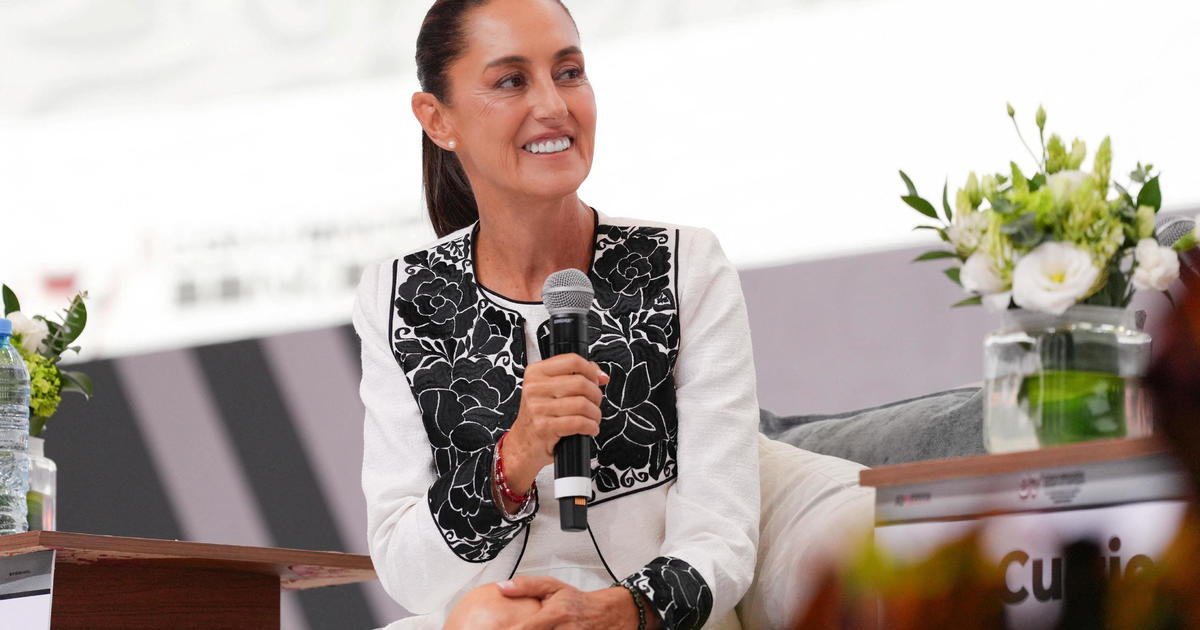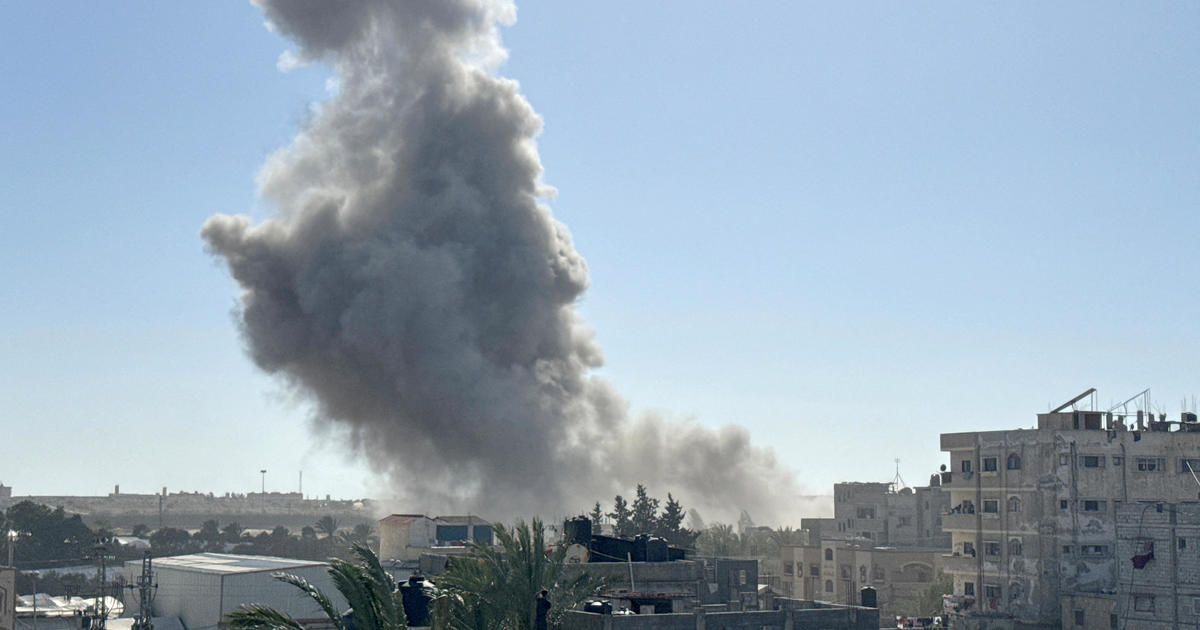Japanese prime minister unharmed after blast heard at speech
Japanese Prime Minister Fumio Kishida was evacuated from a port in Wakayama after someone threw an explosive device in his direction, but he was unharmed in the incident, local media reported Saturday, and a man was arrested at the scene.
Several reports, including by Kyodo news agency, said an apparent "smoke bomb" had been thrown but there were no signs of injuries or damage at the scene. It wasn't immediately clear what the explosive device was or how many the suspect had.
Kishida was in the city to deliver remarks in support of a ruling party candidate when a disturbance rippled through the crowd gathered to hear him speak.
Footage from national broadcaster NHK showed the prime minister turning to look backwards as a person was detained by security and people moved away, some shrieking.
Seconds later, a blast was heard and white smoke filled the air. Cell phone video captured the chaos as the crowd scattered after the sound of the blast.
Footage and photos from the scene showed a silver, pipe-like object on the ground, but it was not immediately clear whether it had caused the blast and smoke.
Government officials said a man had been arrested on suspicion of obstruction of business. He has been identified as a 24-year-old man from the Hyogo region, a Wakayama police official told AFP. There was no immediate information on a potential motive.
One witness Saturday told NHK television that she was standing in the crowd when she saw something come flying from behind. After a sudden loud noise, she fled with her children. Another witness said people were screaming and that he saw someone being apprehended right before the explosion occurred.
"I ran frantically, and then, 10 or so seconds later, there was a loud sound and my kid started crying. I was stunned, my heart is still beating fast," one woman told NHK.
A man at the scene told the broadcaster that "when we all stopped in front of the podium, someone started saying 'culprit!' or something, or 'an explosive was thrown,' so everyone started dispersing fast."
"And then, about 10 seconds after the culprit was captured, there was a blast," he said.
Kishida was unharmed, and soon resumed campaigning, including a stop at a local train station.
"There was a loud blast sound at the previous speech venue. Police are investigating details, but I'd like to apologize for worrying many people and causing them trouble," he said.
"An election that's important to our country is taking place, and we must work together and follow through on it."
He made a campaign stop later in the day in Chiba, east of Tokyo, despite the incident, which his party's election strategy chairman Hiroshi Moriyama described as an "unforgivable atrocity."
Saturday's attack comes ahead of nationwide local elections, including several by-elections for vacated parliamentary seats, with voting scheduled for April 23.
Last July, former Japanese Prime Minister Shinzo Abe was fatally shot while giving an outdoor speech in the western Japanese city of Nara. Police arrested the suspect at the scene, and he was later charged with murder.
The country bolstered security around politicians after Abe's assassination. Security at local campaign events in Japan can be relatively relaxed, in a country with little violent crime and strict gun laws.
The head of Japan's National Police Agency, and the local police chief, resigned in the wake of Abe's assassination after an investigation confirmed "shortcomings" in the security for the former leader.
The incident comes as climate and energy ministers from the Group of Seven countries meet in the northern city of Sapporo, and a day before the bloc's foreign ministers arrive in the resort town of Karuizawa for talks.
Japan will host the G7 leaders' summit next month in Hiroshima and security concerns have regularly been raised.



